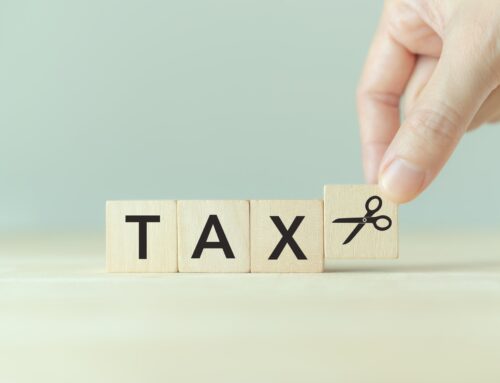
One truth becomes apparent at tax time: Taxes are complicated. Even if the tax code were to never change, your bracket, filing status, or withholding might. Common life events like marriage, divorce, and your children leaving the nest can mean that you need to adjust your withholding. Knowing when to adjust your withholding is an important thing to understand about taxes in retirement: If too much money is withheld, you’ll have to wait until after you file your taxes for a refund. If not enough is withheld, you could potentially owe money come tax time. Here are 4 reasons why you might need to adjust your withholding.
You’ve Become an Empty Nester
The good news is that your children are finally independent adults – but that could potentially be bad news when it comes to your taxes. Remember that you might need to adjust your withholding once you can no longer claim the child tax credit. If you qualified for the earned income tax credit in the past, check to see if you still qualify based on your number of eligible children and income.[1]
You’ve Gotten Married or Divorced
A change in marital status could mean that you need to adjust your withholding.[2] Marriage or divorce might alter your household income. Or, if one spouse is earning more income than last year, your overall household withholding may increase. But, if one spouse retires, your overall withholding could potentially decrease. If you are divorced, keep in mind that alimony payments are no longer tax deductible for the payer, and recipients no longer have to declare payments as income.
Increase in Non-Wage Income
Some examples of non-wage income are stock dividends, side business income, and interest. If your non-wage income increases, you may need to increase your withholding in order to avoid a surprisingly large tax bill come tax time. Keep in mind that you could have to pay a penalty if you haven’t already paid 90% of your tax bill by the end of the year.[3]
Partial or Full Retirement
If you’ve gone from working two jobs to one, you might have to adjust your withholding. You can’t claim the same allowances for both jobs, but you may split allowances between the two. If you go from working two jobs to working one, you might be able to claim more allowances on your remaining job. In retirement, keep in mind that pension and annuity payments are subject to withholding just as wage income is.[4]
These are just four reasons why you might need to adjust your withholding. A financial advisor can assess your unique situation and find out if you need to adjust your withholding. The only thing worse than paying too much in taxes is being surprised that you’re paying too much in taxes. At Epstein & White, we take your tax burden into account when creating your retirement plan. Click here to schedule a complimentary financial review to find out how you can pursue long-term tax minimization strategies.




